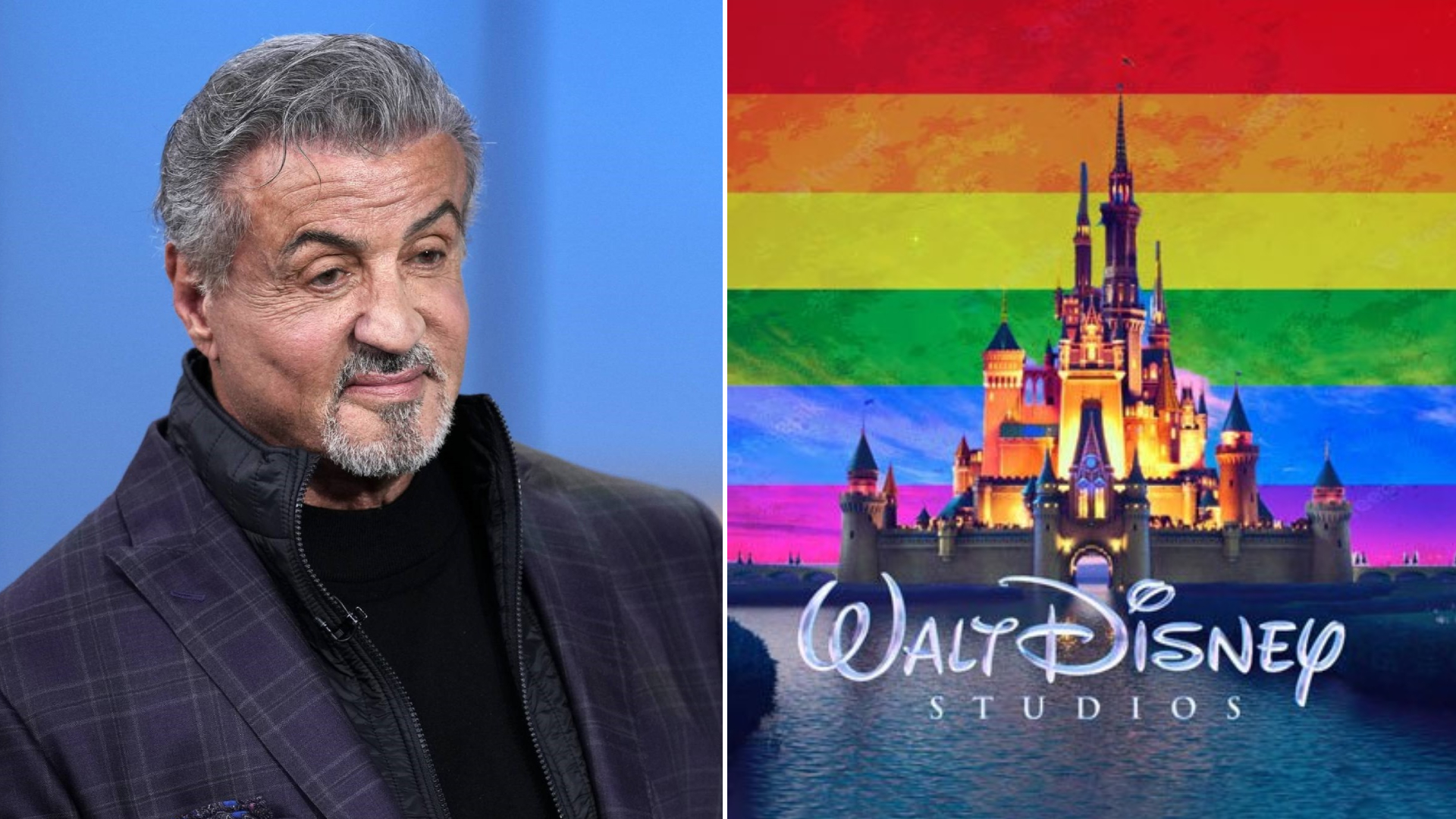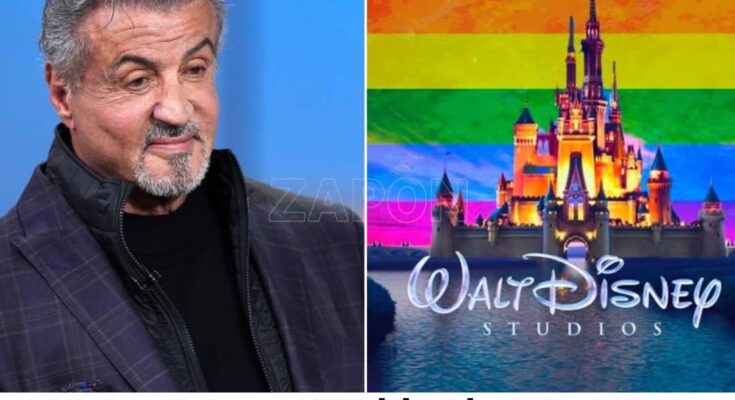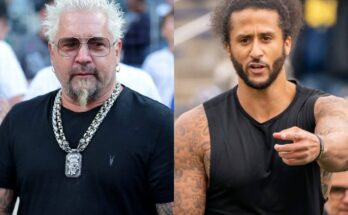
Sylvester Stallone, the iconic action star best known for his roles in Rocky and Rambo, recently made headlines for turning down a staggering $200 million movie deal with Disney. The decision has shocked many, especially given the significant payday involved, but Stallone is standing firm in his beliefs. According to sources close to the actor, the main reason for his rejection was Disney’s embrace of what he calls “wokeness,” specifically the company’s promotion of LGBTQ+ content, including Pride-related initiatives targeted at younger audiences.
The actor’s comments reflect a growing divide between certain segments of Hollywood and the entertainment industry’s increasing focus on inclusivity and social justice issues. Disney has been at the forefront of promoting LGBTQ+ visibility, particularly through its animated films, TV shows, and even theme park experiences. In recent years, the company has introduced LGBTQ+ characters and storylines into its content, with notable examples including the inclusion of a lesbian couple in Frozen 2 and openly LGBTQ+ characters in shows like Star Wars: Resistance and The Owl House. While these moves have been praised by many for promoting representation, they have also drawn criticism from others who feel that such content goes too far, too soon, especially in the context of family-friendly entertainment.
Stallone, however, does not believe in outright opposition to social change. In his interview, he emphasized that his rejection was not based on a disdain for the LGBTQ+ community or their rights, but rather on his belief in keeping children’s content free from explicit adult themes. “I’m not against Pride or equality,” he explained. “But when it comes to children, I think we need to be careful about what messages we are sending. Let kids be kids and allow them to grow up without being subjected to adult issues prematurely.”
The actor’s comments have sparked a broader conversation about the role of entertainment in shaping the values and beliefs of younger audiences. While Disney and other media companies have defended their efforts to be more inclusive, some parents and critics worry that children’s media is becoming too politicized. They argue that children should be allowed to enjoy stories and characters without having to process complex adult themes about identity and sexuality at a young age.
Stallone’s decision to turn down the deal is seen as a bold move in a landscape where many actors and filmmakers feel pressured to conform to industry trends. By rejecting such a lucrative offer, Stallone is making a statement that he values artistic integrity and personal beliefs over financial gain.
While the actor has not ruled out working with other studios, he has made it clear that he will not compromise on his principles. His rejection of Disney’s offer serves as a powerful reminder that, for some artists, the pursuit of success is not as important as staying true to one’s values. Whether this decision will have long-term consequences for Stallone’s career remains to be seen, but it is clear that he is unwilling to “serve wokeness” if it means compromising his beliefs.



